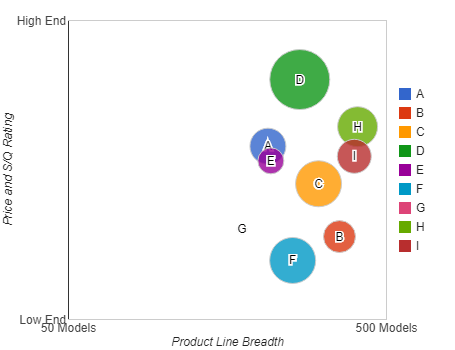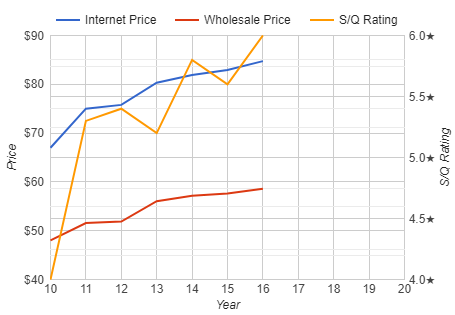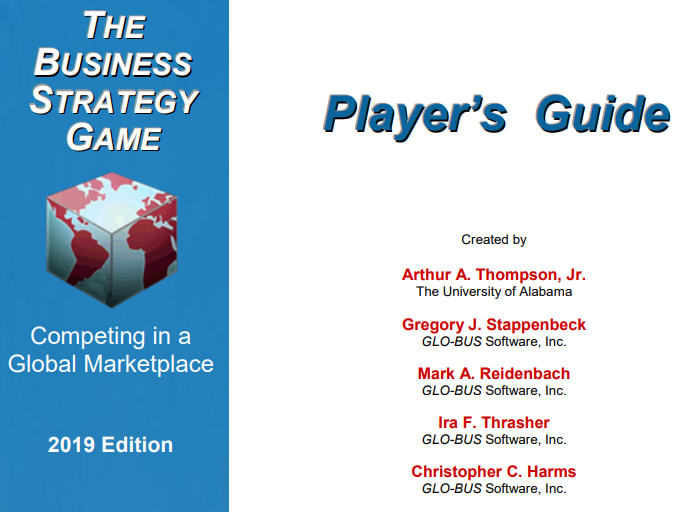For Buffalo/Niagara area businesses, the benefit would be that members of all functions, such as Engineering, Finance, Manufacturing, Marketing, and Sales, could participate and apply what they know about their function during the planning and decisions-making stages of the simulation, and then see the results. Each function gets to see how its decisions affect the whole business.
The participants in each client company would form teams, with each team acting as an athletic shoe manufacturer. Here are details from the BSG website:
"The co-managers of each company are responsible for assessing market conditions, determining how to respond to the actions of competitors, forging a long-term direction and strategy for their company, forecasting upcoming sales volumes, and making decisions relating to:
- Production operations (up to 10 decisions for each plant, with a maximum of 4 plants)
- Upgrading plants and expanding/reducing plant capacity (up to 6 decisions per plant)
- Worker compensation and training (3 decisions per plant)
- Shipping and inventory management (up to 8 decisions each plant/geographic region)
- Pricing and marketing (up to 10 decisions in each of 4 geographic regions)
- Bids to sign celebrities to endorse their brand of footwear (2 decision entries per bid)
- Corporate social responsibility and citizenship (up to 6 decision entries)
- Financing of company operations (up to 8 decision entries)"
Learning outcomes for local business managers would include learning about data analysis, understanding strategic planning and decision-making, and seeing the interactive nature of business decisions. Each week of the corporate education program would represent a year of business in the BSG simulation industry.
I share these thoughts now to explore the level of interest. If you think this might be of use in your company, please get in touch with me on my LinkedIn page - www.linkedin.com/in/paulmcafee.
Two of the many data graphs are below, showing relative positions of the teams in one of my recent capstone strategic management courses.





 RSS Feed
RSS Feed